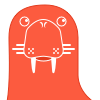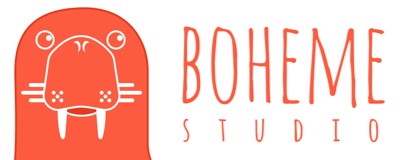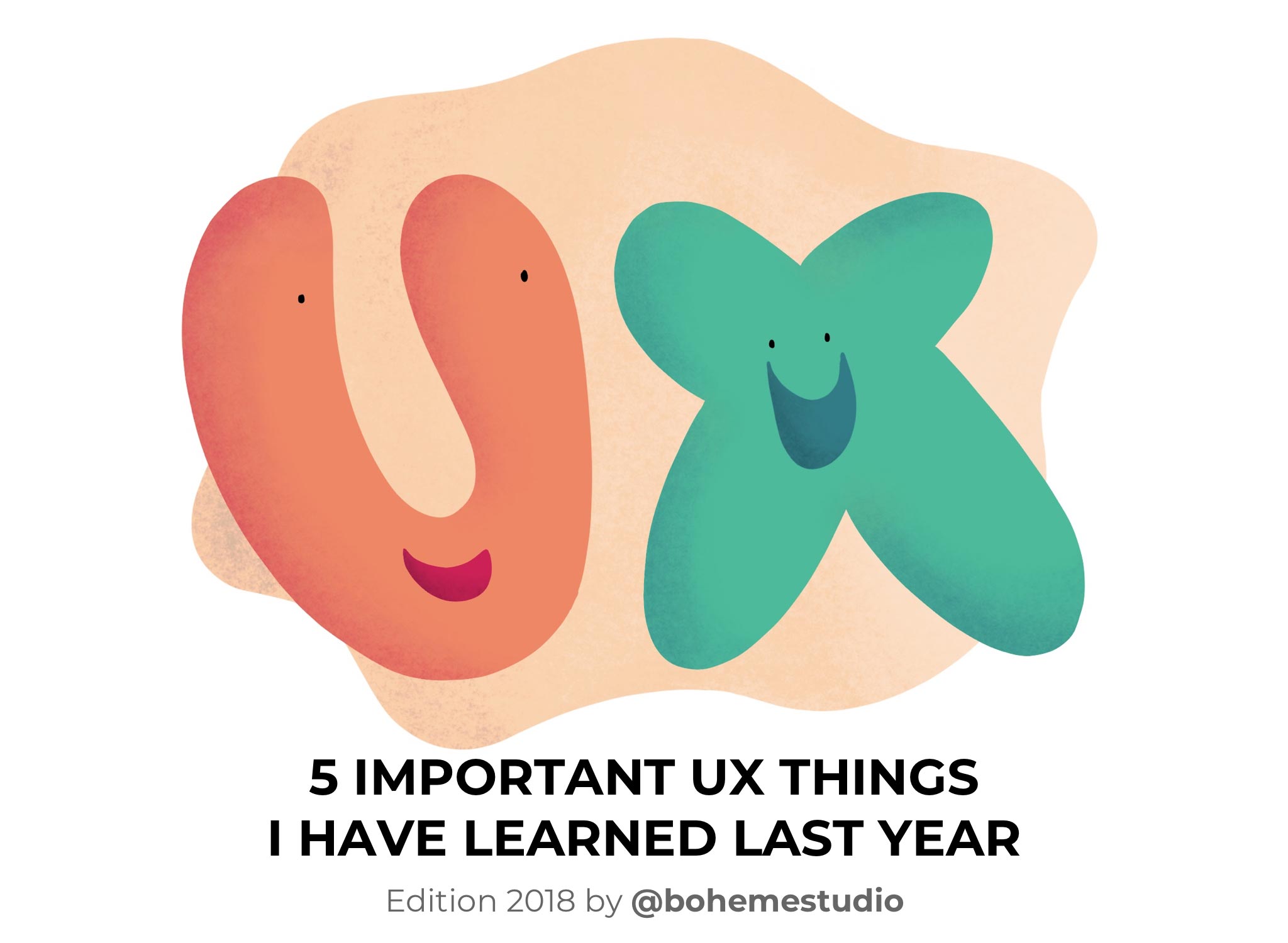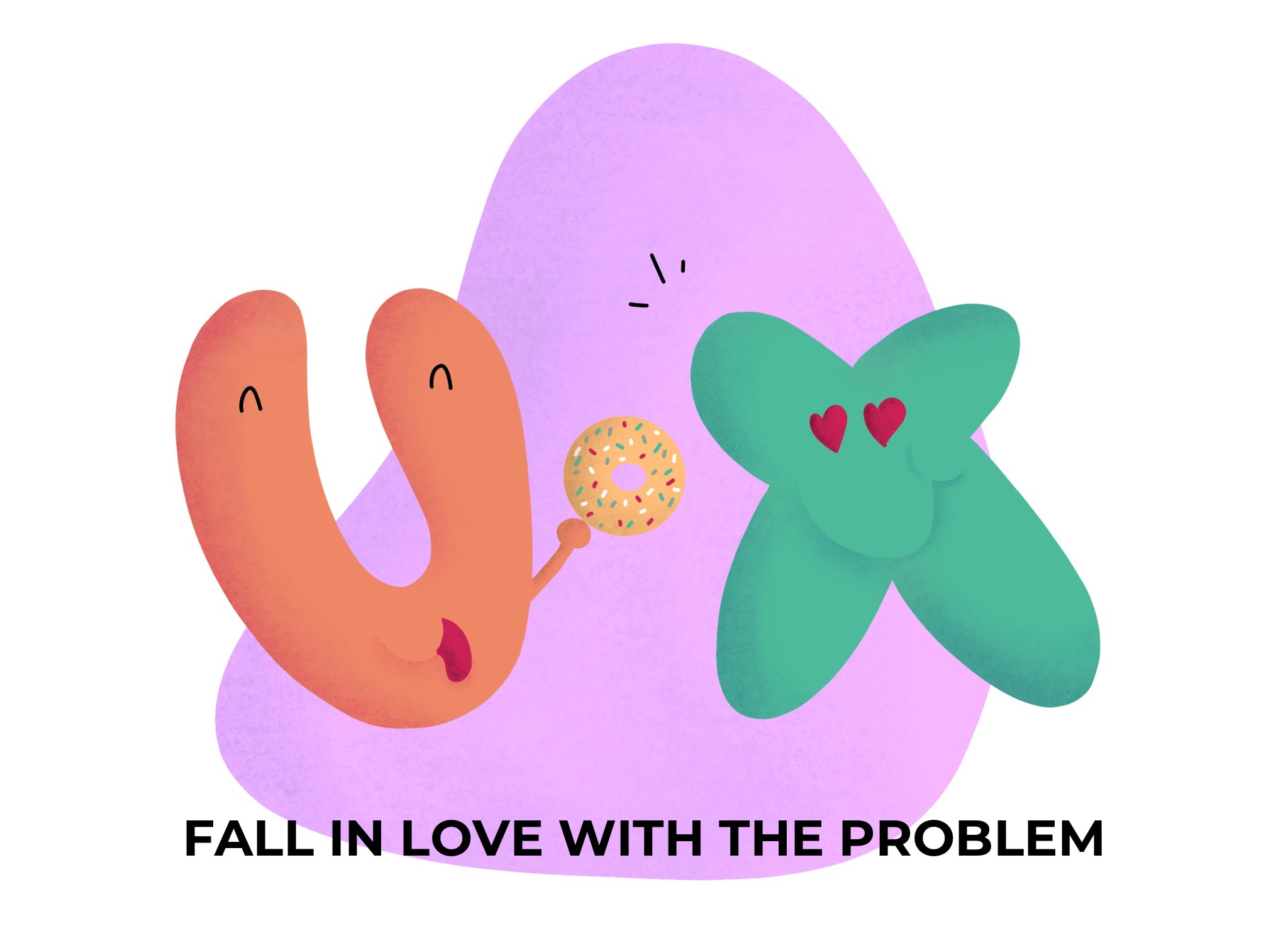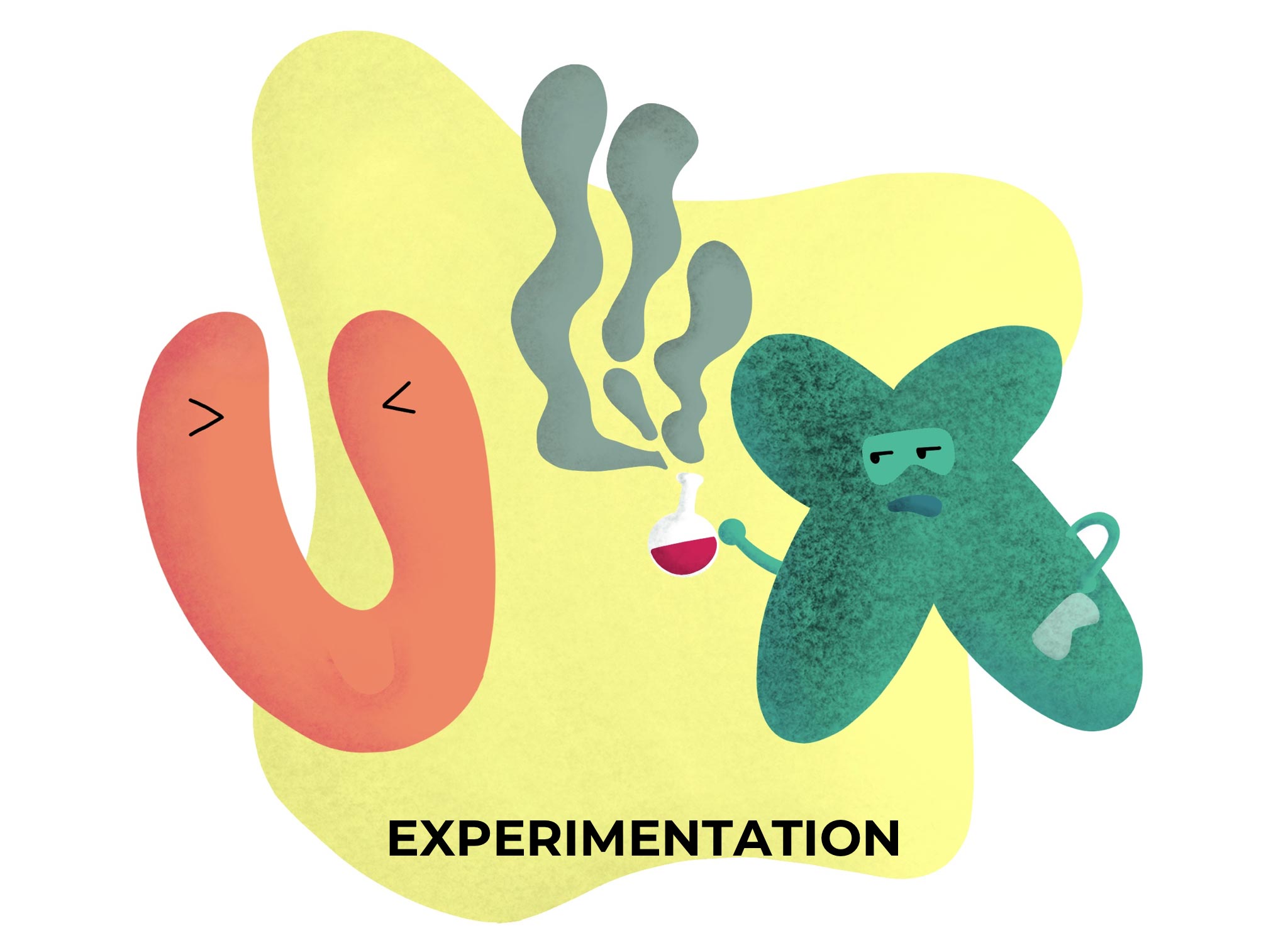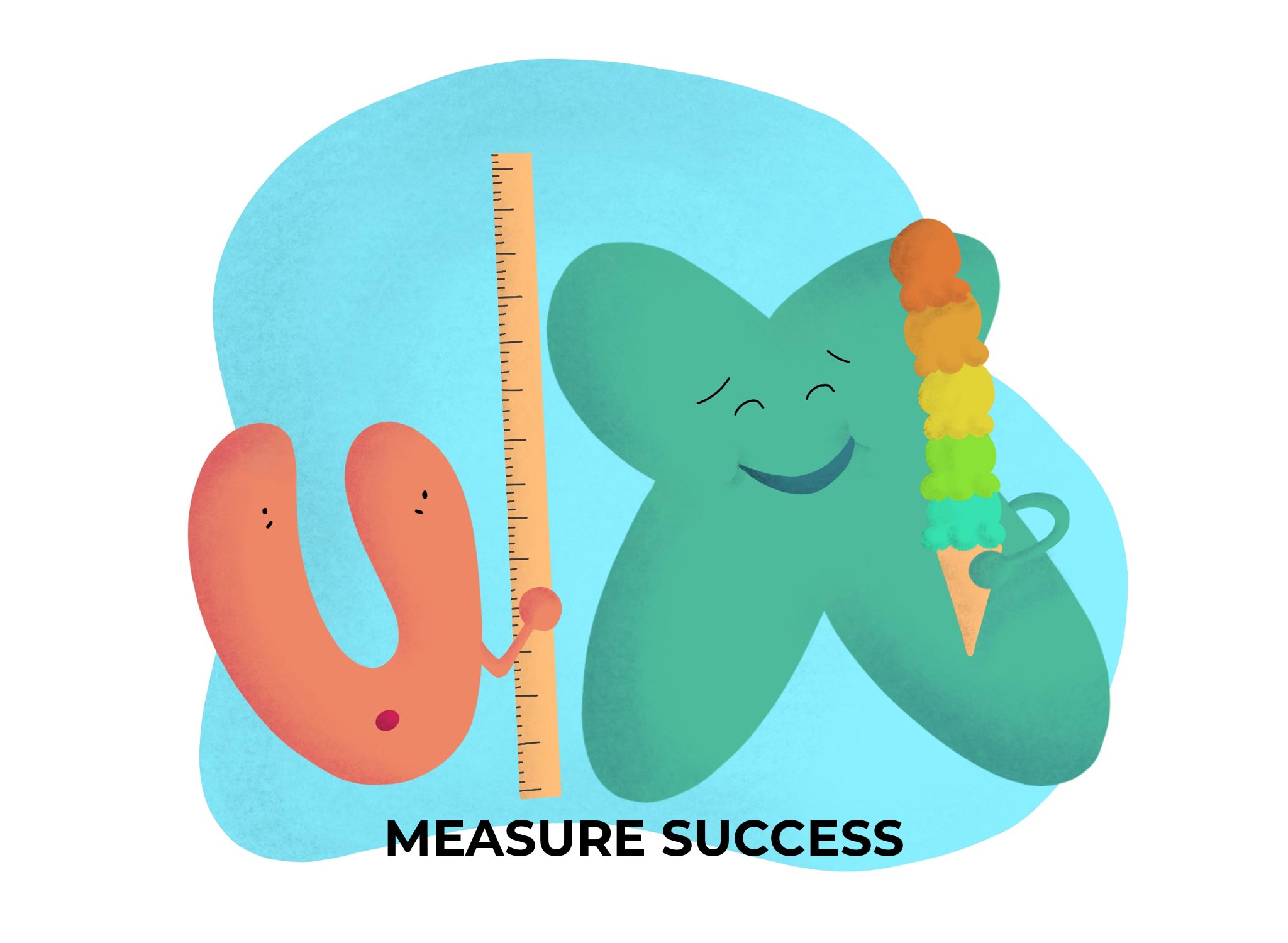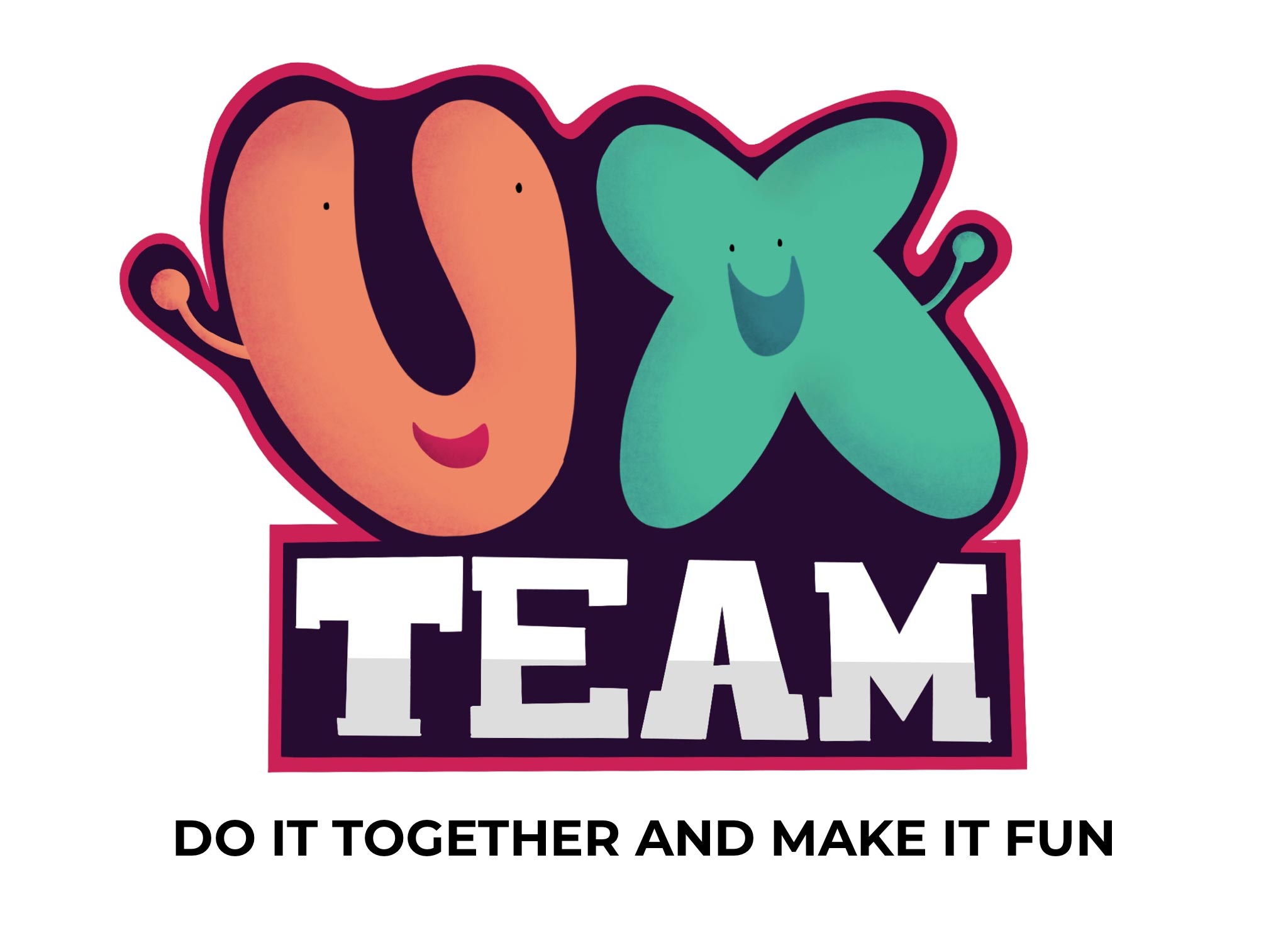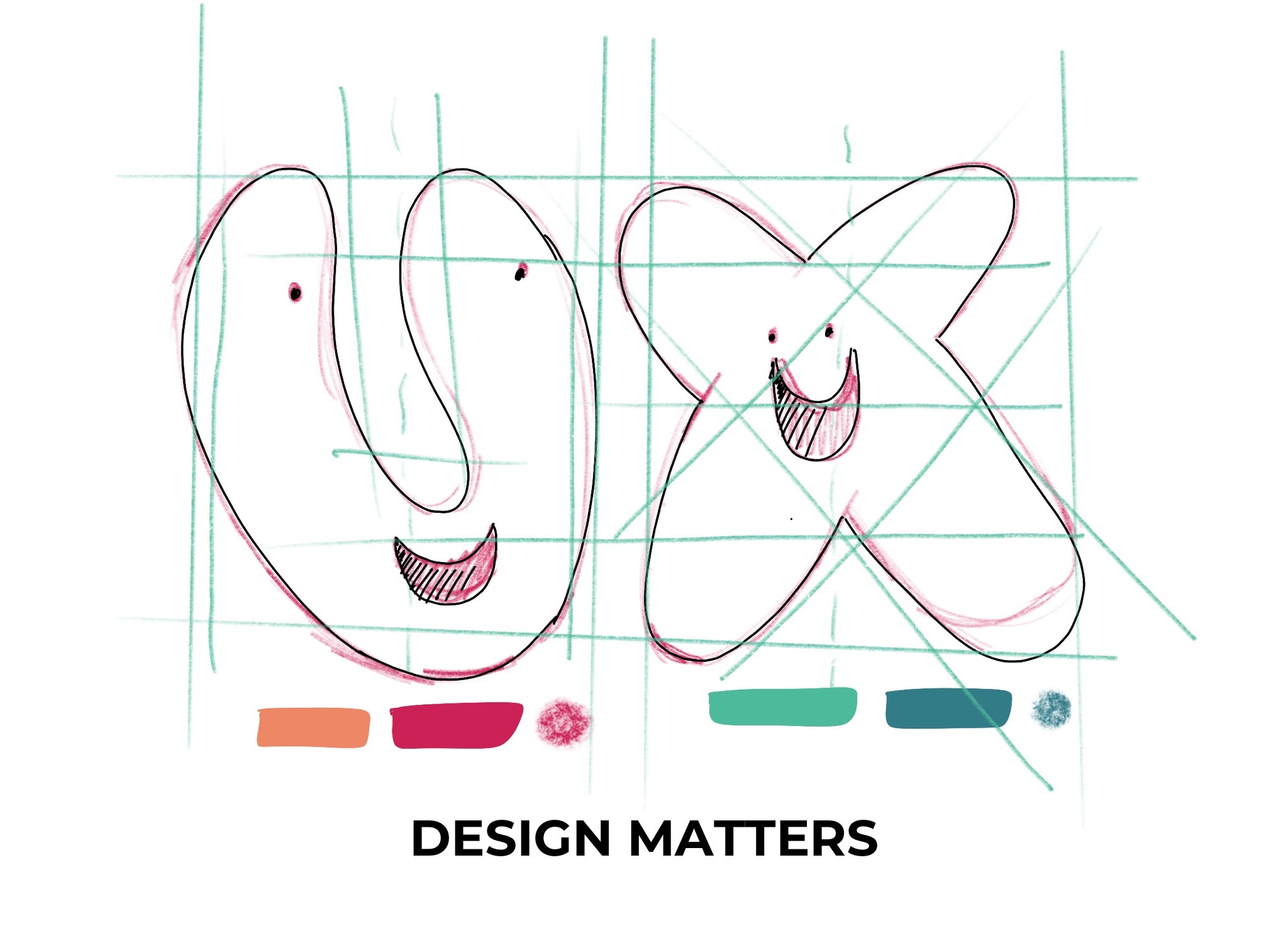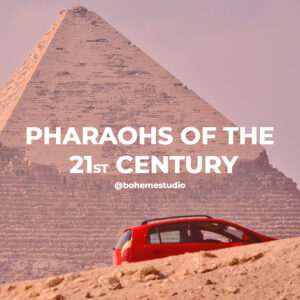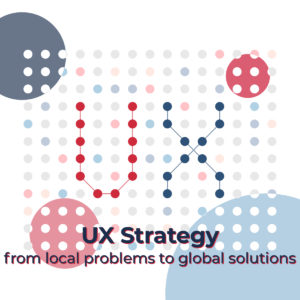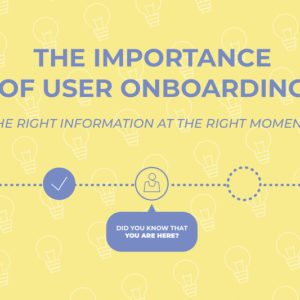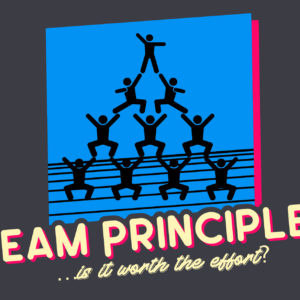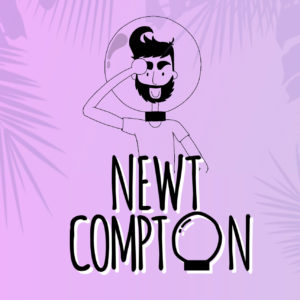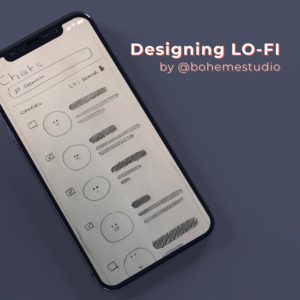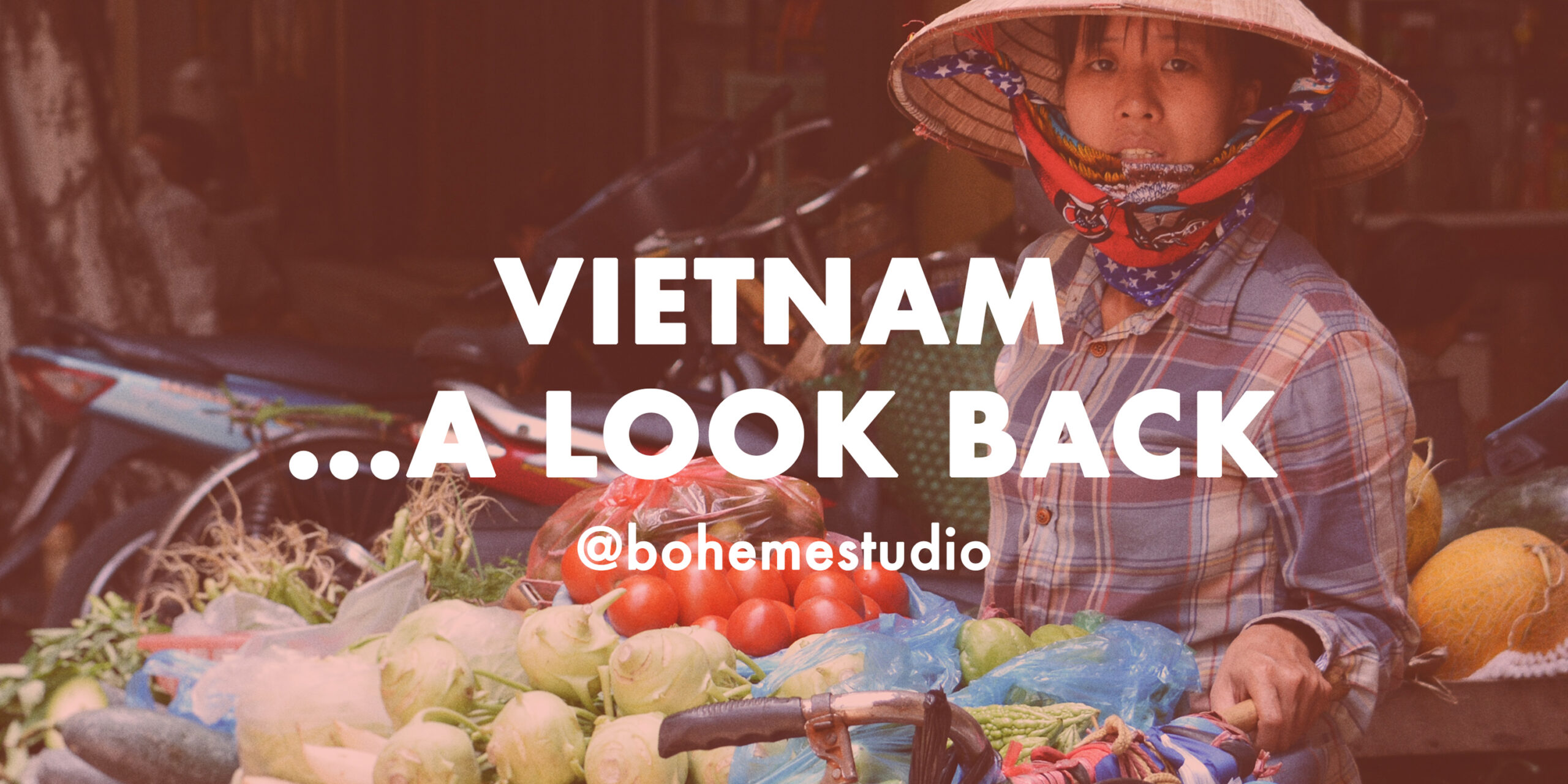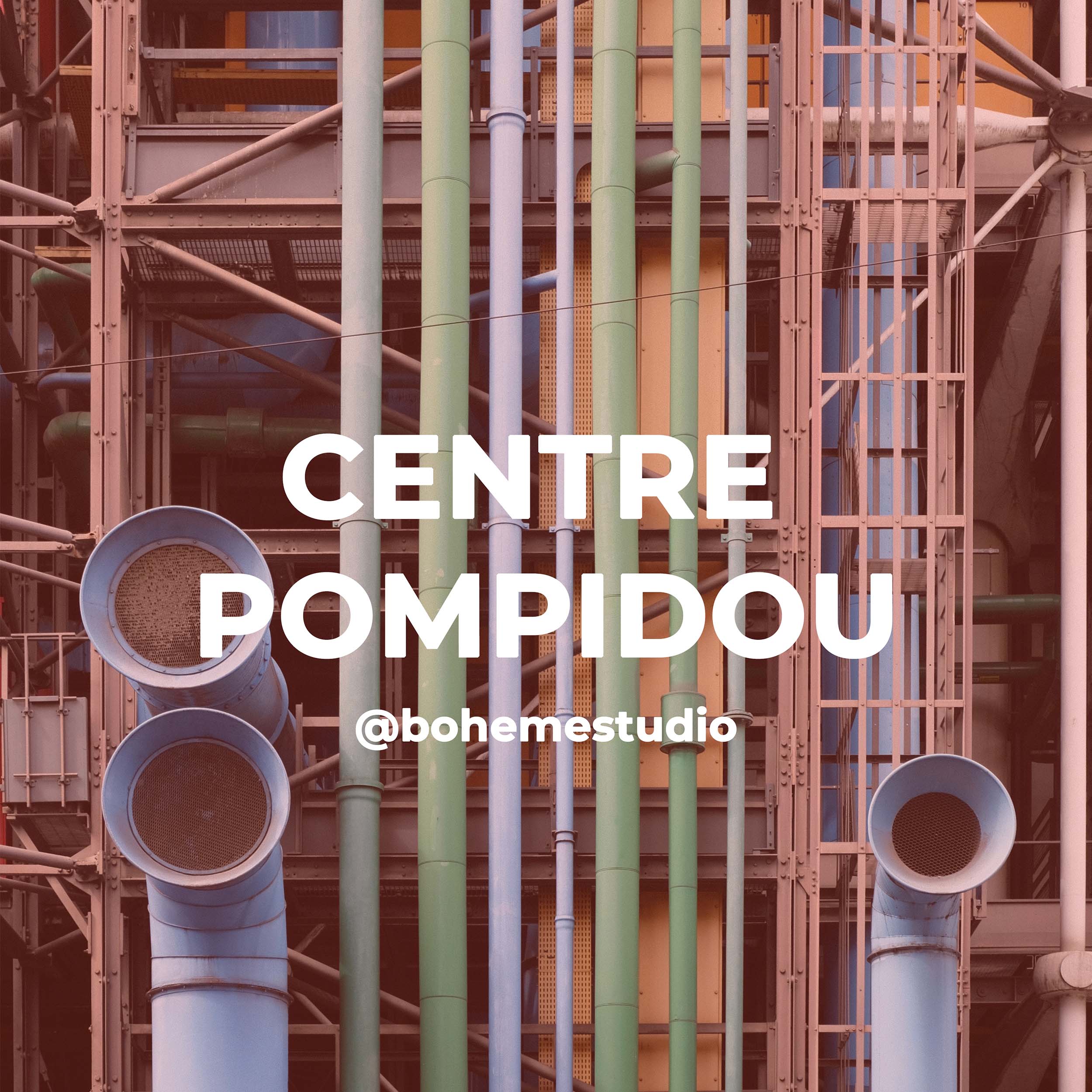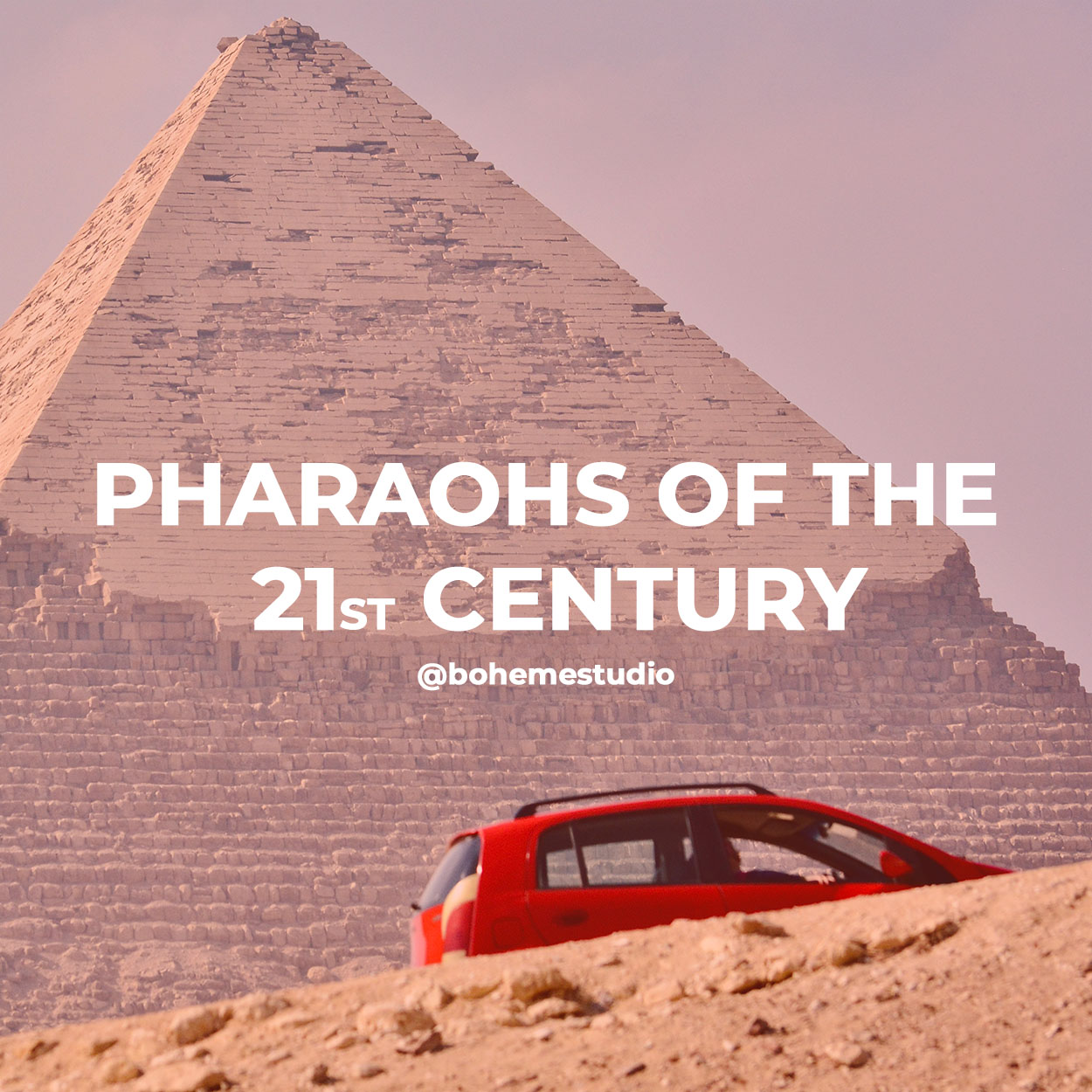5 Important UX things I have learned last year – Edition 2018
Now that 2018 is over, it’s time to do another year in review. This is a great time to stop and think about our accomplishments during the last months before starting to add new stuff to our to-do list.
I haven’t accomplished all the past year’s resolutions of course! That made me feel frustrated at time when I was not making enough progress or achieving my goals. However, those failures are part of the journey and we need to turn them into learnings. It was a year full of learnings and here are the highlights:
Fall in love with the problem
I have been working lately on a product feature. It’s nothing very innovative, it’s one of those product features we all already know, it’s out there in our apps, it is a ‘common pattern‘, something that the competitors already implemented, a well-known solution…
What went wrong? While I was working on it, I jumped right away to defining solutions and I forgot what problem I was trying to solve. I focused on the problem, of course, but I was looking for a problem statement that perfectly fit my chosen solution, that ‘well-known-product-feature’. Finished! Done!
WRONG! I was so busy working on so many problem statements that could fit my solution that I forgot what I was trying to solve in the first place!
It took me a while to realise this, several meetings, the feedback from my colleagues, few hours reading stuff, planning interviews, prototyping, testing and you could think that after all of it I’m again…FINISHED! DONE!
Well, I’m not. It is still a work in progress but I’m getting closer (I think) because I finally saw that I needed to reset and get a simplified problem space. Maybe next year I can tell how this love story ends!
Experimentation
I read a lot about experimentation. I applied some experimentation frameworks in my past projects but it was during this year that this methodology really stuck into my brain.
I was lucky enough to attend a workshop with the talented Itamar Gilad. He worked previously in Google where he developed remarkable projects, especially on Gmail.
The experience was amazing! I learned new frameworks to validate ideas such as assumption maps or ICE scoring. I used them in some of the projects I’m still working on. We worked together (UX, tech and product) to understand the benefits of experimentation and the impact of it on our own product. It was truly inspiring and I cannot wait to start applying some of Itamar’s recommendations to my future projects.
Measure Success
Sometimes releasing stuff quickly to production is what matters and it’s considered an achievement. But is it truly an achievement?
I found myself in the past obsessed with constantly creating new features and to see it working in production. I always tried having as many users as possible using my creations but I never had time enough to find out about the impact of it.
This year my boss and mentor pushed me to try to find success in what I was doing. What impact am I adding to the project? How do I know what is the metric that matters? How do I know if my solution is a success? How do I measure that success?
She challenged me to find out an answer to those questions. Sometimes I succeeded, sometimes I failed and many times I was frustrated I did not have a straight answer.
But you know what has been the most important learning from it? That now she does not need to ask me those questions because I asked them to myself before.
Do it together and make it fun
We all suffer tedious tasks, things that are boring, Mondays… but nothing that a big cup of coffee and sense of humour cannot fix!
Treat feedback as a gift! However, feedback can suddenly turn into criticism and that can be tough. I saw myself challenged and questioned by team mates, users, managers… I felt lost and found and it was not easy but I managed. I guess past experiences helped a lot. So, I heard and worked together with those who provided feedback. They helped me to improve my processes, to adapt myself to their needs and to use tools that suited us all. The GDPR projects were boring but working together we shared that boredom and turned it into something better (if that is even possible!). Common UX patterns were challenged by the team and it made me refine my proposals and to validate my assumptions, increasing my confidence. I designed solutions that were questioned by my team mates and I worked harder to find more robust ones.
It was not easy but it was worth it. I’m grateful to my team, to their feedback that helped me learn and produce better deliveries.
Design Matters
Indeed it matters, if not, what would I do for a living!?
I attended the Design Matters conference in Copenhagen last September.
I got many highlights from the conference, amazing speakers, inspiring use cases and a lot of learnings that I could start applying to my own projects straight away.
Personally, I loved that many of the most talented designers in the industry care about their users’ feelings. It’s a topic that I particularly find important. I would like to start applying UX metrics related to user satisfaction more often in my projects. At the end of the day, making users’ lives easier, helping them to accomplish things, empathising with their needs is the most rewarding thing of this profession.
This was my look back on 2018 with some failures, some successes and a lot of learnings. In this past year, very important for women’s rights in the world, I would like to use a quote to wrap up 2018 and start 2019:
“Failure is so important. We speak about success all the time. It is the ability to resist failure or use failure that often leads to greater success. I’ve met people who don’t want to try for fear of failing.” – J.K. Rowling
